Peptide-laden vesicles light up in the presence of amyloid beta, providing an early diagnostic test (and possible treatment) for Alzheimer’s.
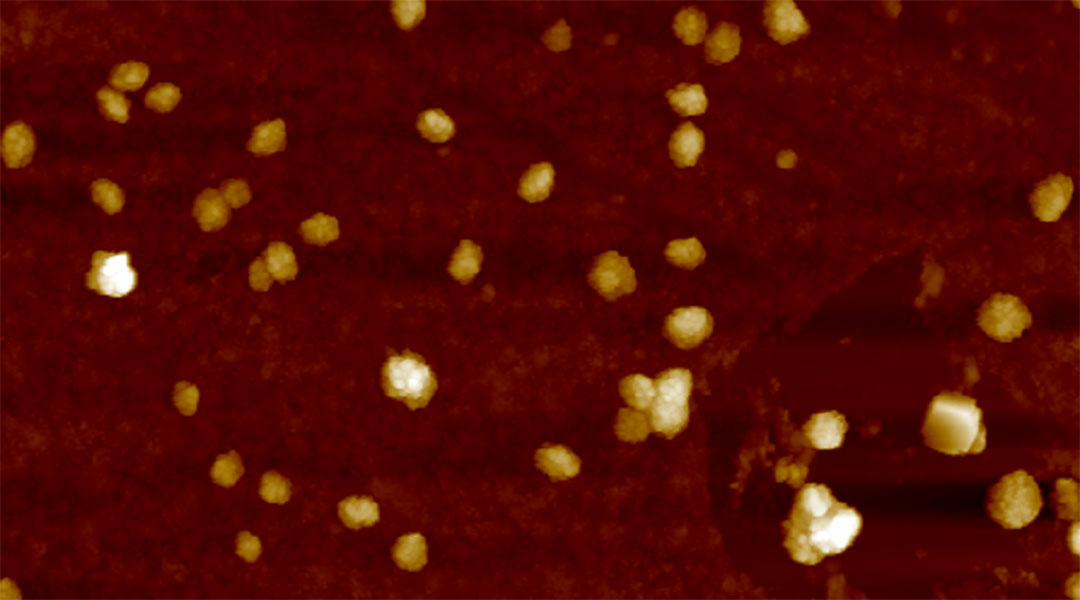

Peptide-laden vesicles light up in the presence of amyloid beta, providing an early diagnostic test (and possible treatment) for Alzheimer’s.
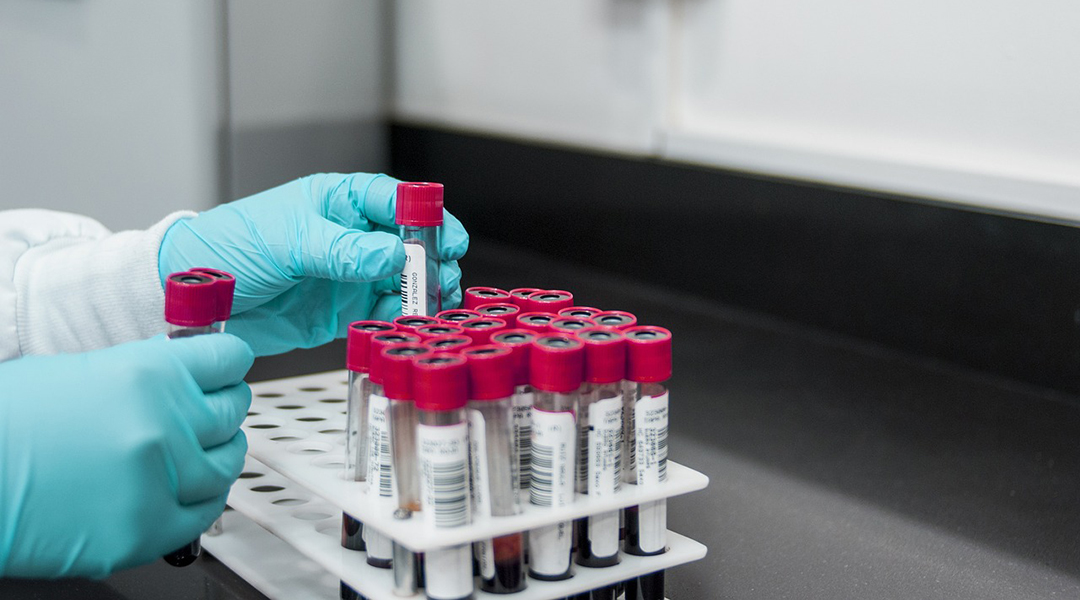
A sensitive blood test has been developed to detect a protein biomarker of Alzheimer’s disease known as brain-derived tau.
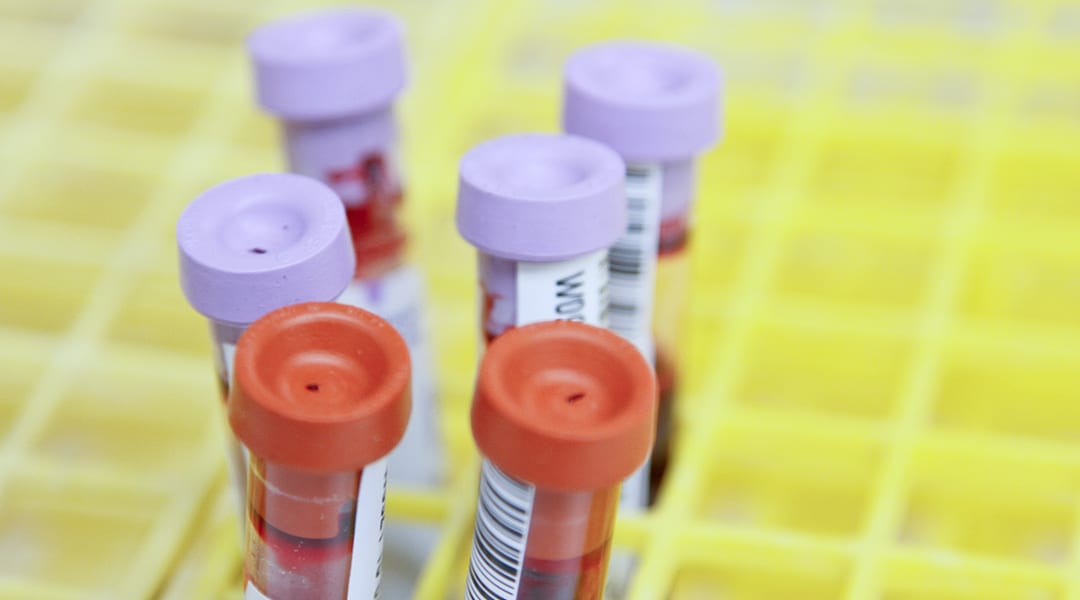
A sensitive blood test for the early diagnosis of Alzheimer’s disease could be possible with nanoparticle arrays.
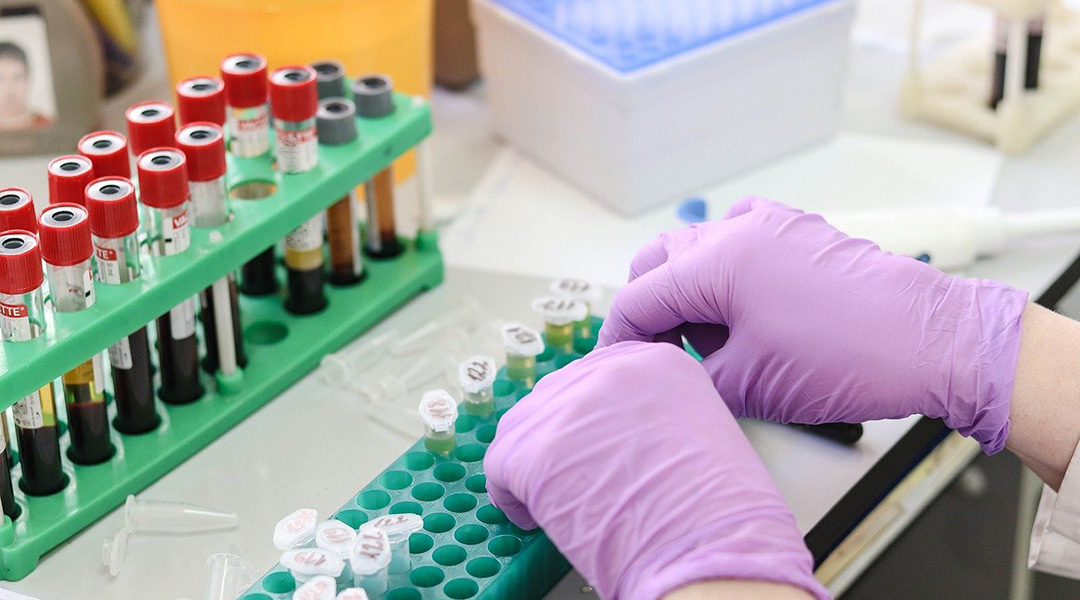
Researchers at Lund University hail potential game changer in early diagnosis.
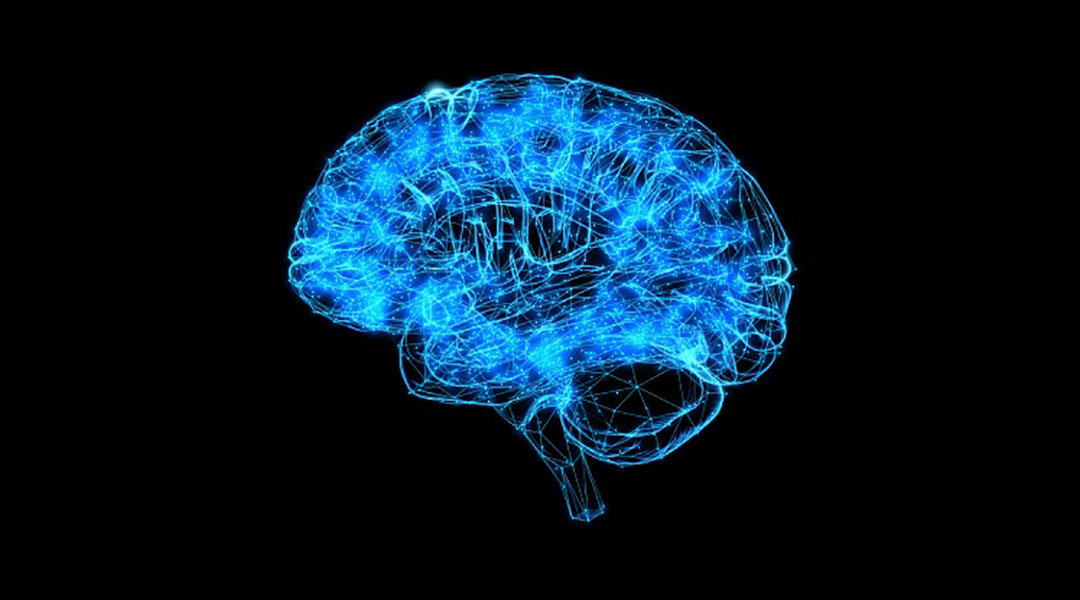
In a small group of patients, language and memory showed improvement for up to 3 months after ultrasound brain stimulation therapy.

Scientists in Italy aim to keep Alzheimer’s disease in check.
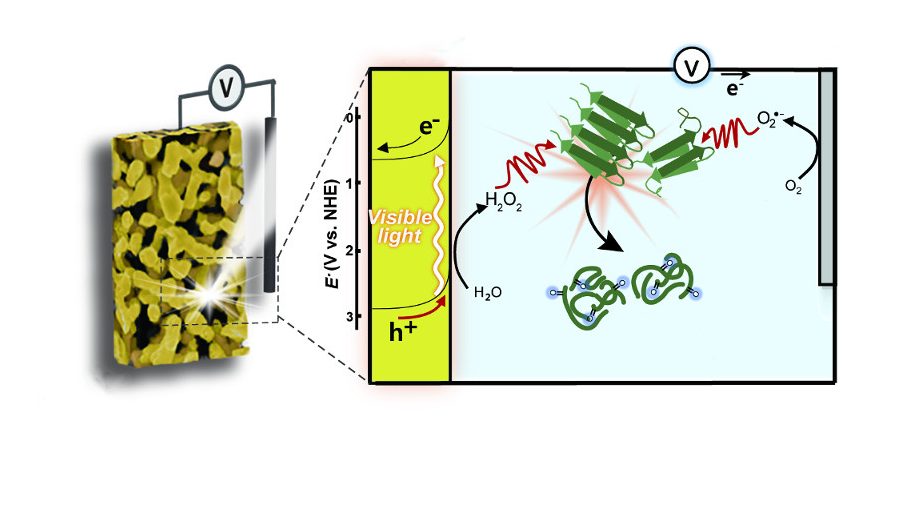
Expanding beyond traditional photodynamic approach: photoelectrochemical oxidation of toxic Aβ aggregates with an inorganic photoelectrode.

Tailor-made peptide-PEG conjugates are used as formulation additives to improve the water solubility of an anti-Alzheimer drug.

A new study finds that amyloid beta, a culprit in Alzheimer’s disease, is important for maintaining a healthy liver.

A new study finds that prescription generic galantamine and the over-the-counter supplement are not created equal, despite label claims.